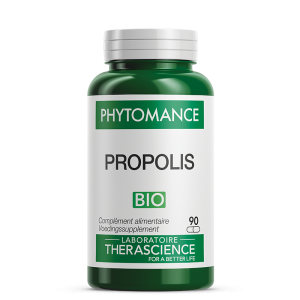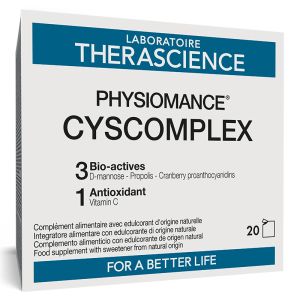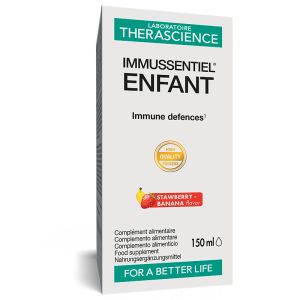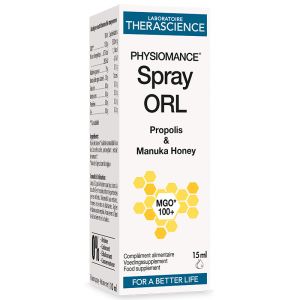
Propolis
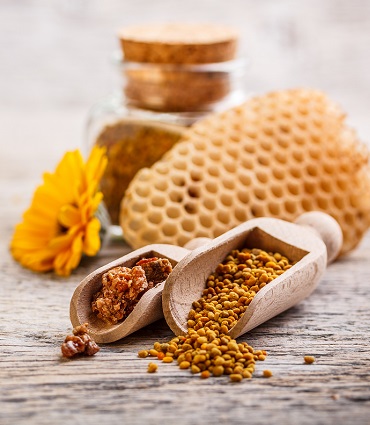
Description
While honey and its benefits have been known since time immemorial, propolis is still not well known. However, its use as an antiseptic probably dates back to ancient Egypt and, even more certainly, to Greece (etymology of the word "propolis", the prefix pro meaning "in front of", and the noun polis designating the town, the city, the door and, by extension, the entrance to the hive).
Its name comes from the use of this plant resin by bees to reduce the entrance to the hive and thus defend their colony.
Used as a building, repair, insulating and protective material for the hive, propolis plays various defensive roles for the human body. The bees bring this substance back to the hive and modify it in part by their secretions (wax and saliva secretions).
The benefits
- The health properties of propolis are due to the synergy of its numerous flavonoids, notably chrysin, quercetin and galangin. These active ingredients are produced by bees from the secretions of the buds of many trees, before being modified by their salivary enzymes. The diversity of the virtues of propolis is directly linked to the diversity of its flavonoids, which itself varies significantly according to the botanical diversity of the plants foraged.
- Among the beneficial actions of propolis, we observe a significant bacteriostatic and bactericidal action, extended to many microbial strains, but also antifungal properties, anaesthetic effects, healing properties, antioxidant action, or anti-inflammatory properties.
Our products based on Propolis
-
£52.80
-
£30.90
-
£28.20
-
£20.00
-
£15.90












